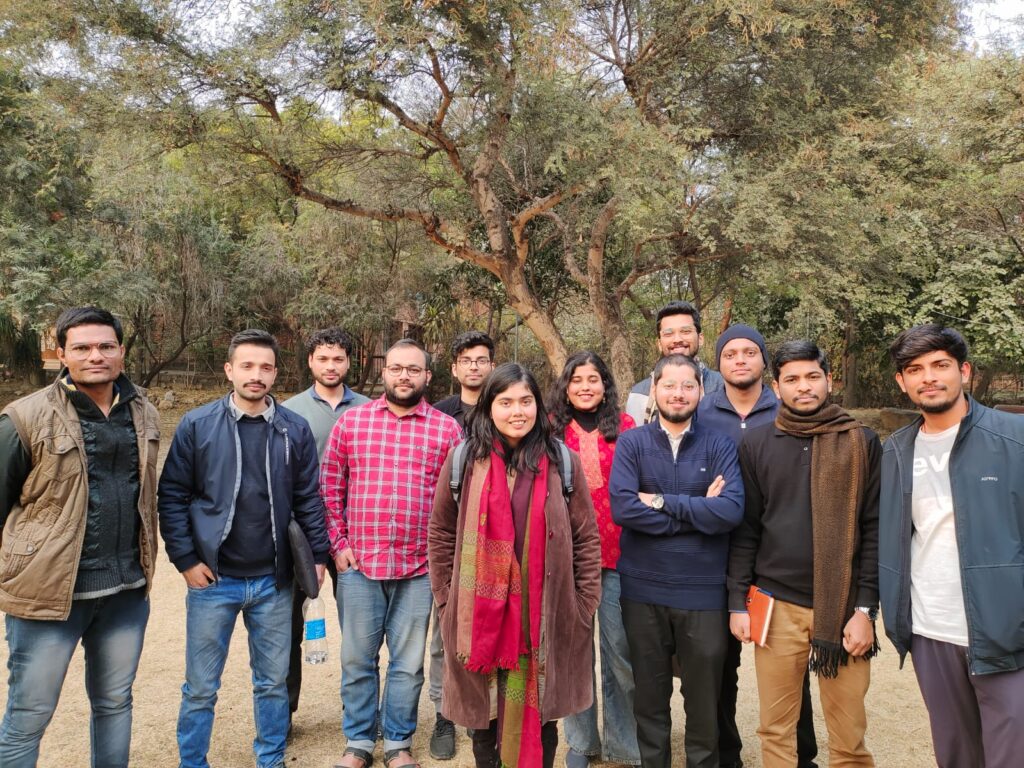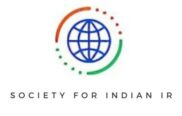
This blog provides discussion highlights for Sunday IR Cafe #42. Conducted on 22nd January 2023, the discussion covered The Charitable Terrorist: State Capacity and the Support for the Pakistani Taliban.
Core Arguments:
- In order to gain public support and legitimacy, violent organizations provide goods and services in competition with the state. Based on their study of electoral trends in the wake of natural disasters in Pakistan, Masera and Yusuf show that in case of weak state provision of goods and services, violent organizations manage to elicit support from the public by delivering much-needed relief.
- In their model, citizens update their belief about the relative capacity of the state and violent organizations to meet their demands by observing the quality of service delivered by these two organizations.
- In the case of the 2010 flood, tepid government response and effective relief efforts by the Taliban led to increased vote share for MMA, the alliance of Islamic extremist parties in the election, serving as a proxy for support to the Taliban. In contrast, the 2005 earthquake saw an effective government response and, consequently, a decline in vote share for MMA in areas affected by natural disasters.
- Alternative theories, including the anti-incumbency effect, the religiosity of the populace, political competition, and voter turnout change, can’t explain voting behaviour.
Discussion:
- The paper’s comparison between the violent, non-state actors in Latin America and Pakistan is unwarranted because, unlike terror organizations like the Taliban and Al Qaeda, the role of religion is muted in the former case. In contrast, though, while it is important not to gloss over the differences in the local context, what makes the comparison warranted is the similarity in terms of violent, non-state actors using public goods provision as a legitimation mechanism. For instance, Hello Bastar- authored by Rahul Pandita- also alludes to the Naxalite insurgents resorting to the provision of healthcare facilities in order to gain local support.
- Beyond the provision of public goods, moreover, the social acceptance of these violent terrorist organizations stem from the ideological acceptance, which can be seen as another legitimation strategy. The social acceptance of these organizations, going beyond public service provision, is reflected in the case of the Lashkar fidayeen operatives who are supposed to receive permission from their mothers for suicide bombing operations, hardly a case of rational cost-benefit calculation.
- In the case of the modern state, its claim to take care of citizens by providing public services came to be a legitimation strategy. However, given the inadequacy of modern states to meet the citizenry’s demands, nationalism as a strong ideology became the glue providing validity to the regime. We should consider applying this analogy to the case of non-state terror organizations as well in terms of looking for alternative legitimation mechanisms beyond public goods provision.
- In the early days of the Naxalite insurgency, the Andhra Naxalites were able to expand their base in the neighbouring Chhattisgarh state despite facing a different cultural setup and initial hostility on the part of locals. The strategy, on the part of the outsider insurgents, involved the provision of basic amenities which the state was unable to provide. We can infer from this example that public goods provision should be seen as an important independent driver of legitimation, which can work out even in cases of ideological incongruity.
- In the Indian context, two excellent political science books contribute to the literature on non-state actors using public goods provision as a mechanism to gain support in case of weak state presence. Milan Vaishnav’s When Crime Pays argues that Indian voters are more prone to electing a candidate with a criminal record in places riven with ethnic conflict and weak state capacity. The strategy makes sense as the criminal politicians would use the office to selectively ensure benefits for the kin constituency. Second, Tariq Thachil’s Elite Parties, Poor Voters, argues that poor voters support a political party with pro-rich policy agenda because the party deploys its affiliate set of organisations to privately provide welfare facilitates as a substitute for its policy agenda. These examples demonstrate how a variety of non-state actors, beyond terrorist organizations, deploy public service delivery as a mechanism for gaining support from the masses.
- One implication of the paper’s finding and subsequent discussion is the need to think creatively of ways in which the weak state capacity can be ameliorated. Further, given the challenge involved in making the state work for its citizens, charitable NGOs and local civil society should be promoted as alternative public service providers to deprive the violent, unlawful organisations of one source of legitimacy. However, since international NGOs are often unaware of the local situation and might even invite backlash due to cultural insensitivity and the baggage of colonialism, it becomes imperative to involve and strengthen local civil society as facilitators of welfare service in the absence of a capable state.
